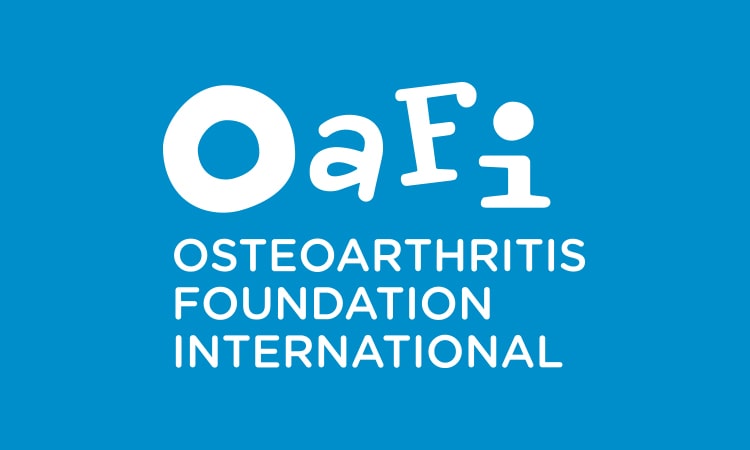- Foundation
- Actions
- Osteoarthritis
- Actuality
- OAFI Radio/TV
- Get Involved
- Contact
OAFI
Osteoarthritis International FoundationC/ Tuset, 19 · 3º 2ª
08006 Barcelona
(+34) 931 594 015
info@oafifoundation.comSchedule:
Monday-Thursday 9AM-6PM
Friday 8AM-3PM
-

-

New Research supports the positive effect of the Mediterranean diet on Osteoarthritis

The Mediterranean diet has been associated with reduced cardiovascular risks, a reduction in the appearance of certain subtypes of cancer or chronic diseases and better cognitive health. Recently, a bibliographic review developed by a group of several Spanish centers has compiled the existing information on the association between osteoarthritis and the Mediterranean diet. Although there is no universal definition to define this diet, they all include high consumption of fruits, vegetables, legumes, nuts, seeds and cereals; higher intake of fish and seafood; moderate consumption of poultry and eggs; as well as frequent, but moderate, consumption of red wine and olive oil as the main source of lipids in the diet.
The studies reviewed highlight the existence of a possible link between osteoarthritis and the Mediterranean diet. These studies describe a positive association between increased adherence to a Mediterranean diet and the quality of life of participants suffering from osteoarthritis. In particular, studies conducted by the University of Kent (UK) and the University of Padua (Italy) show that, of the patients studied, those following a Mediterranean-type diet showed fewer depressive symptoms and a significantly lower level of pain and disability along with better mobility. In addition, the prevalence of osteoarthritis (the proportion of the population affected by a given medical condition) was lower in the group of study participants who reported greater adherence to the Mediterranean diet.
The Mediterranean diet, in addition to helping patients reduce overweight, one of the most common risk factors for osteoarthritis, could have a protective effect due to its anti-inflammatory and antioxidant capacity. Overweight and obesity induce a low-grade systemic inflammatory state caused by the secretion of inflammatory proteins described to be involved in the onset and progression of osteoarthritis. The association between excess weight and hand osteoarthritis suggests that it is not only mechanical factors such as excessive body weight that lead to joint wear and tear. In fact, another Italian study shows that patients following a Mediterranean diet have lower levels of biomarkers of inflammation and cartilage degradation, indicating that the Mediterranean diet has a positive effect not only on maintaining a healthy weight but also on fighting inflammatory states.
Several studies have described an increased risk of osteoarthritis in association with metabolic risk factors typical of the metabolic syndrome, such as dyslipidemia, hypertension, and insulin resistance. About 60% of patients with osteoarthritis have metabolic syndrome, more than double compared to 23% of the general population. Patients with osteoarthritis and metabolic syndrome suffer from higher degrees of inflammation and pain compared to patients with osteoarthritis without metabolic syndrome. The Mediterranean diet thanks to its anti-inflammatory propriety has been shown capable of reversing the metabolic syndrome, and also improving the quality of life of patients. Current knowledge suggests that this type of diet could reduce the prevalence of osteoarthritis, however, research in this field is recent and a longer intervention is needed to evaluate the long-term efficacy of the Mediterranean diet in improving the symptomatology and the prevention of osteoarthritis.
All OAFI’s prevention education programs ( OAFI WOMAN, OAFI SPORT, OAFI SPORT VETERANS, , etc.) include healthy eating training as an important part of the program. Find out more!





















